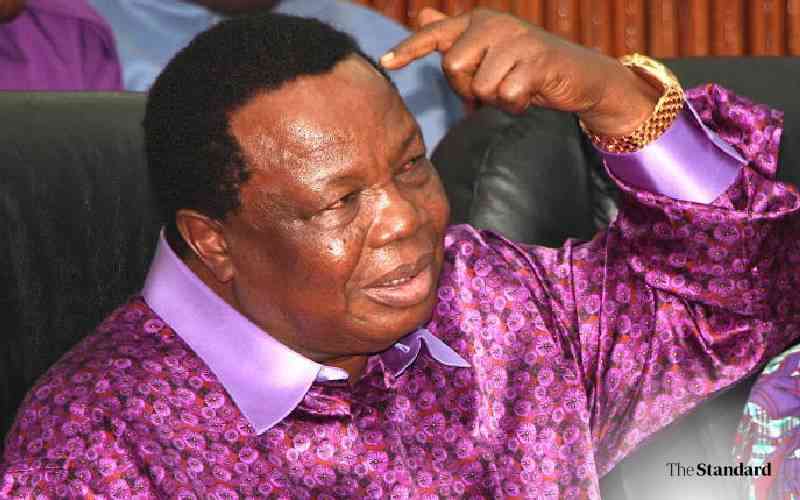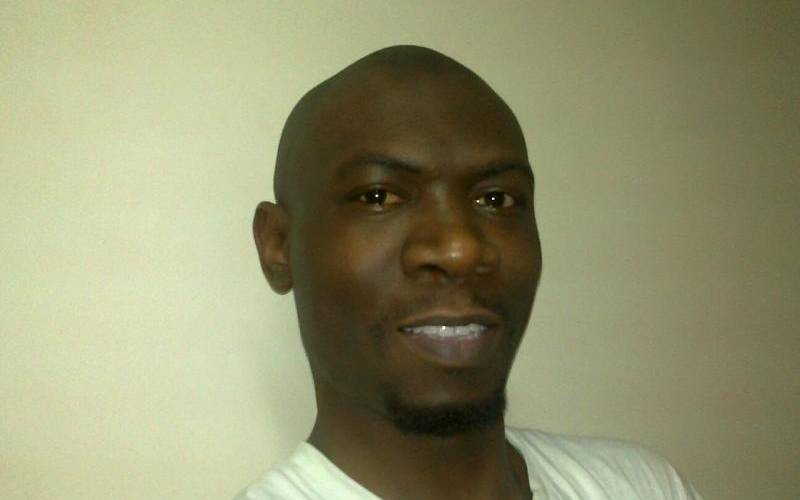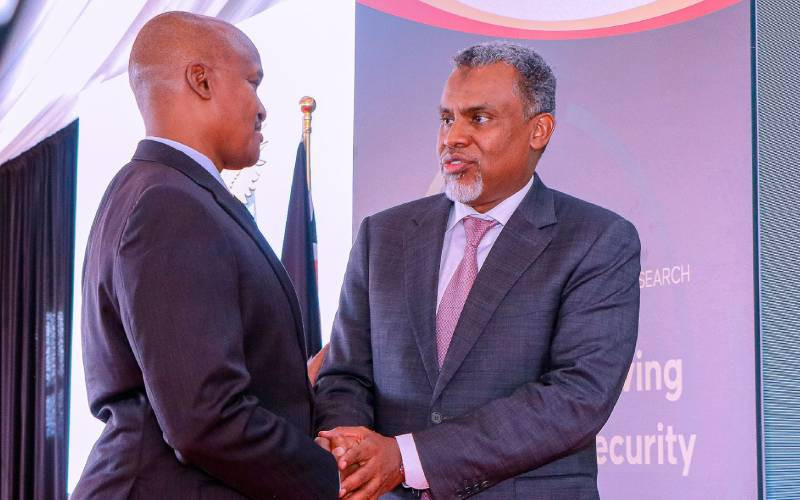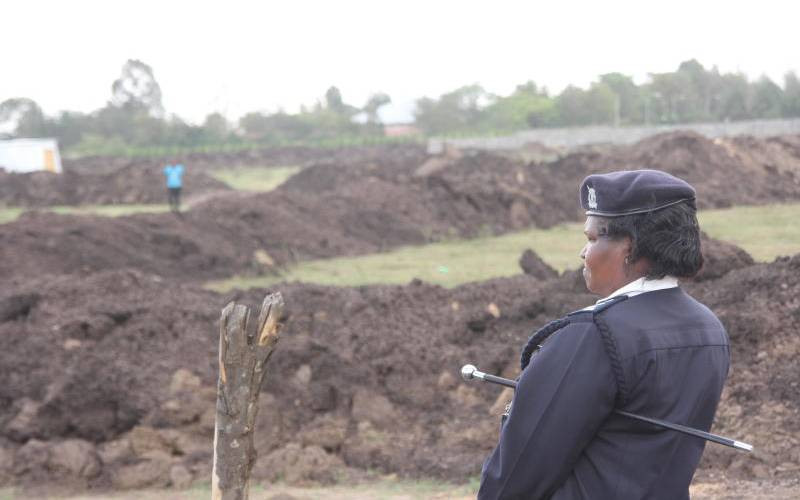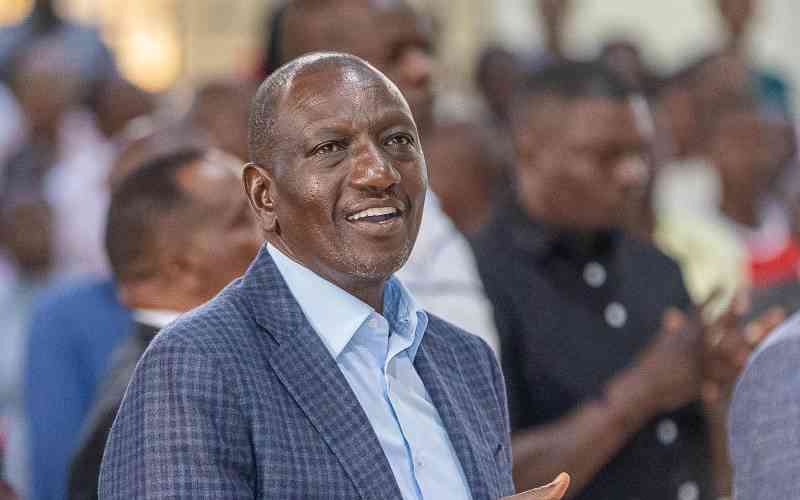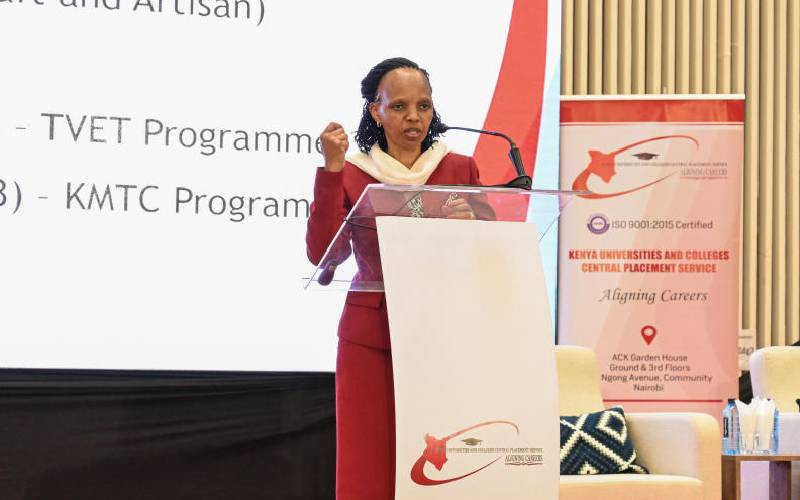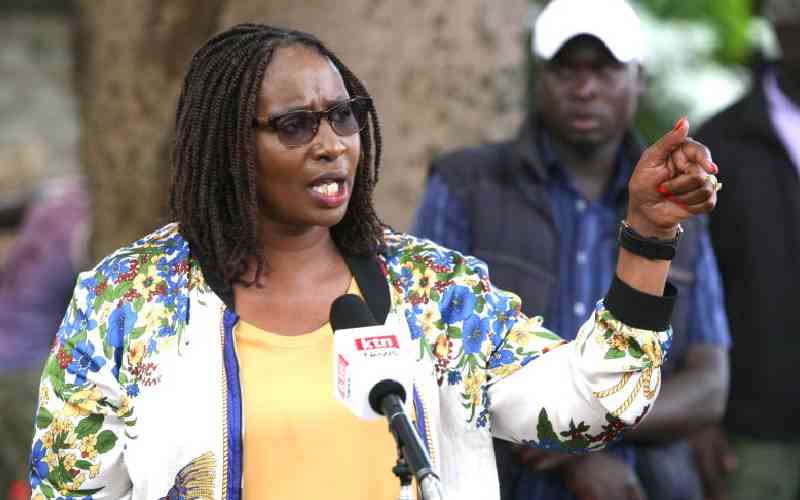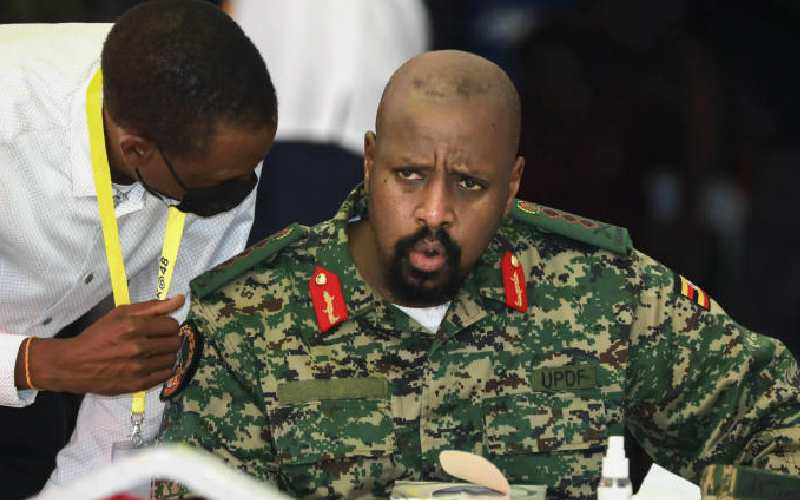
General Muhoozi Kainerugaba, son of Uganda's President Yoweri Museveni. [AP]
A series of Twitter messages by General Muhoozi Kainerugaba on taking over Nairobi threatened to spill into a diplomatic situation, with Kenyan officials raising queries with the Ugandan authorities.
Foreign Affairs Cabinet Secretary nominee Alfred Mutua told The Standard on telephone that the government is taking the communication seriously and had sought clarification on the tirade...
 The Standard Group Plc is a multi-media organization with investments in media platforms spanning newspaper print
operations, television, radio broadcasting, digital and online services. The Standard Group is recognized as a
leading multi-media house in Kenya with a key influence in matters of national and international interest.
The Standard Group Plc is a multi-media organization with investments in media platforms spanning newspaper print
operations, television, radio broadcasting, digital and online services. The Standard Group is recognized as a
leading multi-media house in Kenya with a key influence in matters of national and international interest.


